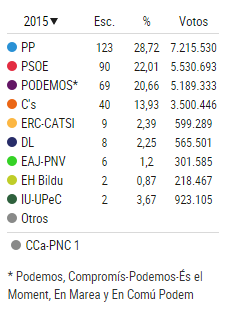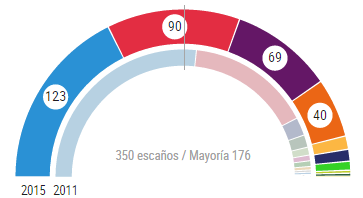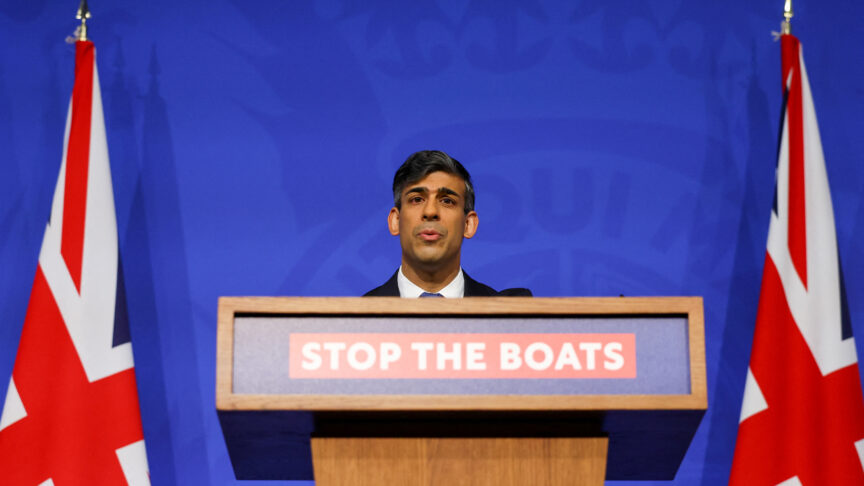Times are changing in Spain
Spain's new political parties Podemos and Ciudadanos smash apart old orthodoxies and herald a new era in Spanish politics
Spaniards went to bed on Sunday knowing for sure that an era has ended, but without knowing what the new era will look like. Every time since 1978 that Spaniards have been to the polls, they went to bed knowing that the most voted for candidate would be elected prime minister and that he would enjoy a stable majority in parliament to govern for the next four years.
 But times have changed. With 28 percent of the vote and 122 seats, prime minister Rajoy and the Partido Popular (PP) have won the elections. But they are well below the 176 seats threshold needed to form a government. And they are unlikely to get there even by reaching out to the new party in the centre-right Ciudadanos, because even the combined 162 seats these two parties could muster still falls short. Rajoy might, therefore, have won the elections, but it is far from sure that he will be able to lead his party into government for a second time.
But times have changed. With 28 percent of the vote and 122 seats, prime minister Rajoy and the Partido Popular (PP) have won the elections. But they are well below the 176 seats threshold needed to form a government. And they are unlikely to get there even by reaching out to the new party in the centre-right Ciudadanos, because even the combined 162 seats these two parties could muster still falls short. Rajoy might, therefore, have won the elections, but it is far from sure that he will be able to lead his party into government for a second time.
This epochal change is due to the fact that PP and the socialist party PSOE, who’ve swapped power between them since 1982, have gathered just 50 percent of the vote, when in the last election before the crisis (2008), they received a combined 84 percent of the vote.
It is in the space left by the main two parties, which for the first time in Spanish democracy have both lost votes, that two new parties, Podemos and Ciudadanos, have been able to insert a very attractive proposal for change. Both have managed to revive democracy with a new and appealing language able to attract disaffected voters and young voters back into politics. The emergence of both parties, and in particular the incredible surge in polls of Podemos during the last week, is the true story of Sunday night.

Where does this leave us? While there is no conservative government in sight, the prospects of a left-wing bloc is not clear either. After four years in the opposition, the Socialists have fallen even lower than their disastrous showing in 2011. The Socialists might like to try and form a government with Podemos (together they reach 160 seats and they might gather some abstentions in order to form a government). But Podemos (with 20 percent of the votes and 69 seats) sees the Socialists as a loser party which they want to replace, not to give life to, after such a heavy defeat. Already on Sunday night Podemos’ leader Pablo Iglesias laid out a number of red lines for him to be able to join the Socialists in government, including constitutional reform, which will be difficult for the Socialists to accept.
So, while the old system is gone, a new one will not be easily formed. Spanish political parties and leaders will have to discover a new language of negotiation, agreement and accommodation. A new chapter is opening.
José Ignacio Torreblanca is Professor of Politics at UNED University in Madrid and Head of ECFR Madrid office. He is the author of a book on Podemos (“Storm the Heavens”)
The European Council on Foreign Relations does not take collective positions. ECFR publications only represent the views of their individual authors.


